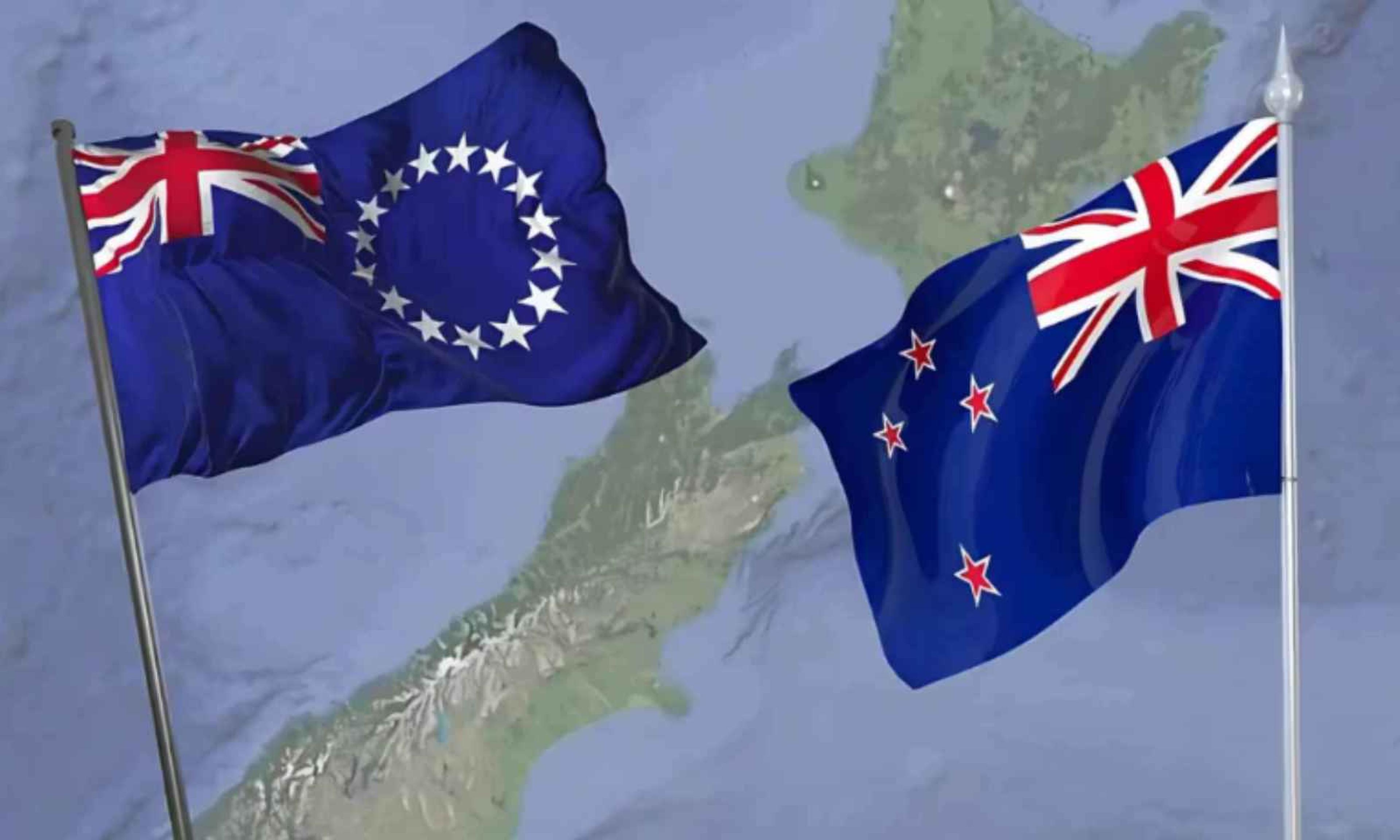
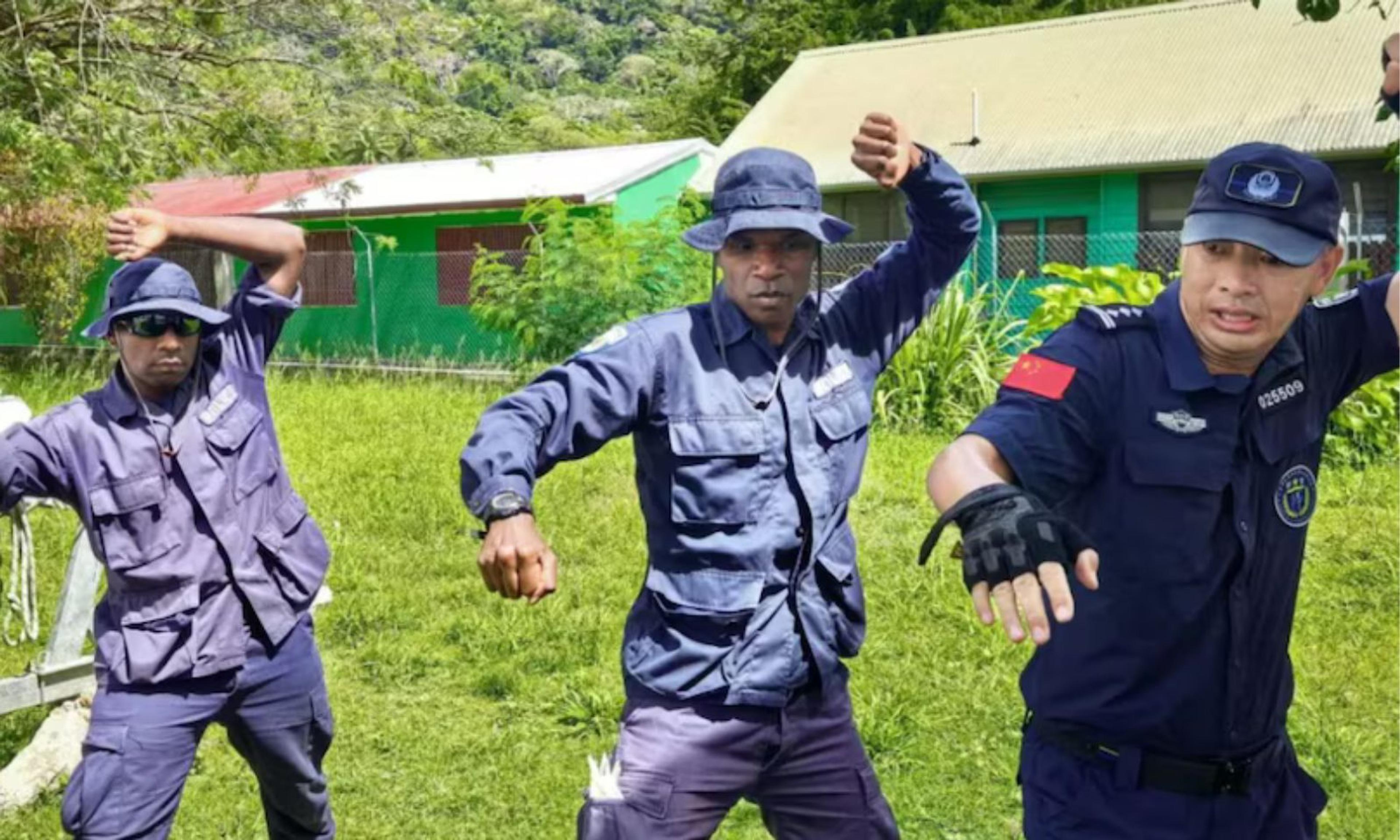
Vanuatu plans to sign a policing agreement with China.
Photo/Chinese Embassy, Vanuatu
China and Vanuatu to strengthen ties with police agreement
Beijing is set to improve its presence in the Pacific following a donation of law enforcement equipment valued at over NZ$700,000.



Pacific leaders demand fair backing as Moana Pasifika cancels Tonga Super Rugby match

Diamond Langi steps into her boldest era with ‘Yodelay' ft. JKings

Cook Islands projects still delayed as NZ funding suspension continues over tensions


Pacific leaders demand fair backing as Moana Pasifika cancels Tonga Super Rugby match

Diamond Langi steps into her boldest era with ‘Yodelay' ft. JKings
China is planning to sign a security agreement with Vanuatu following a donation of more than three million yuan (NZ$720,000) worth of police equipment to the Pacific island nation.
The development comes after a meeting in Beijing between Vanuatu's Minister of Internal Affairs, Andrew Solomon Napuat, and Wang Xiaohong, China's Minister of Public Security.
Wang told Chinese state media that the government is committed to working with Vanuatu to implement key security initiatives aimed at improving cooperation on law enforcement and combating cross-border crimes.
The collaboration is seen as a step towards strengthening the partnership between the two countries.
The donation includes police equipment such as motorcycles and drones, which will help Vanuatu address various security issues, especially those related to climate change. Many in Vanuatu believe that climate change is the biggest threat facing the island nation.
Vanuatu's Prime Minister Jotham Napat has stated that while they are open to international partnerships, it is important for the country to maintain its sovereignty and independence.
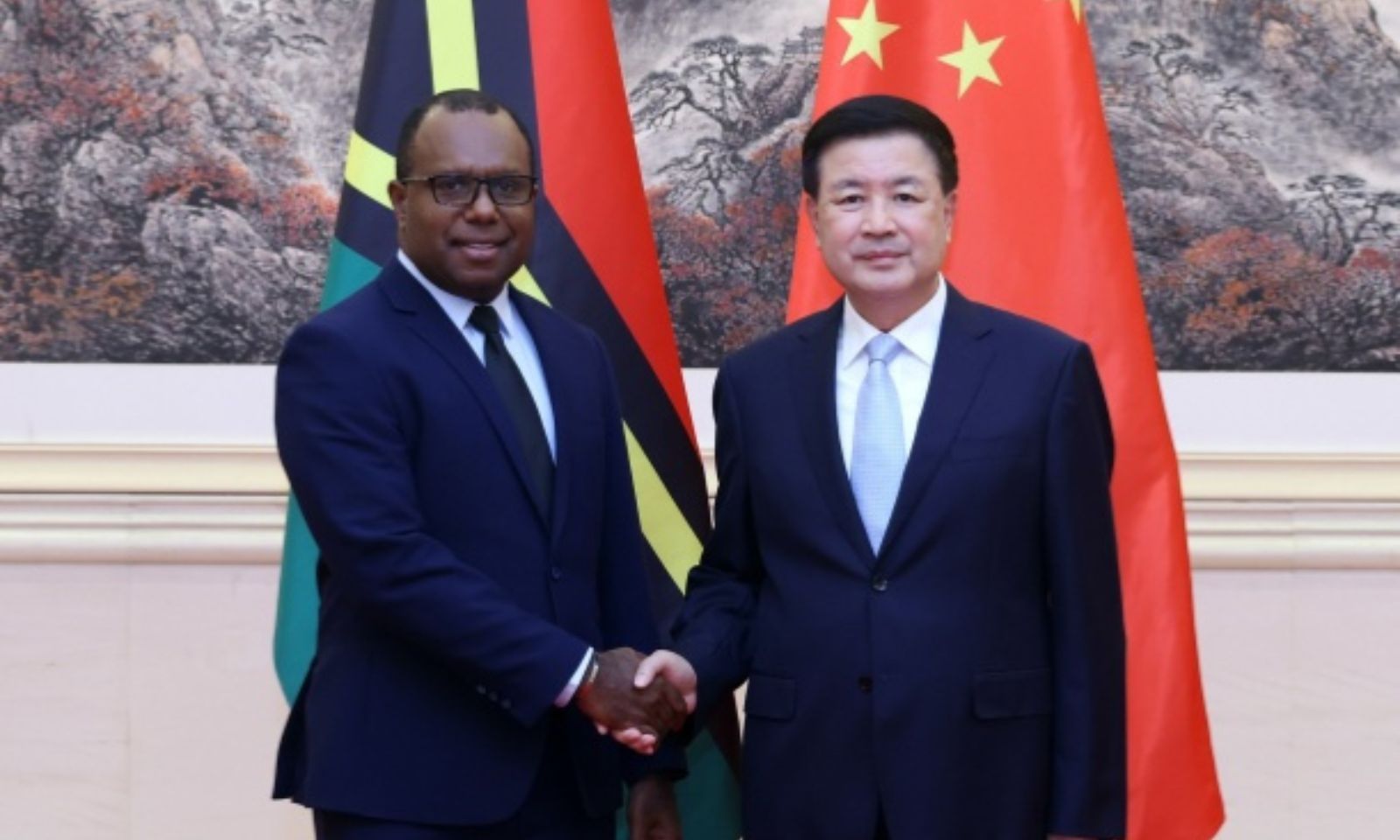
Vanuatu's Minister of Internal Affairs, Andrew Napuat, meets Chinese State Councilor and Minister of Public Security, Wang Xiaohong, in Beijing on 19 September, 2025. Photo/China Foreign Ministry
The donation also comes at a time when Australia’s influence in Vanuatu seems to be diminishing, especially after the two countries failed to agree on a major deal (Nakamal) earlier this month.
Napat shared his concerns that the proposed agreement could limit the country’s ability to secure funding for infrastructure from other sources.
Just last week, a defence agreement (Pukpuk) between Australia and Papua New Guinea (PNG) was not finalised, partly due to concerns about China's role in the region and its potential impact on PNG's sovereignty.
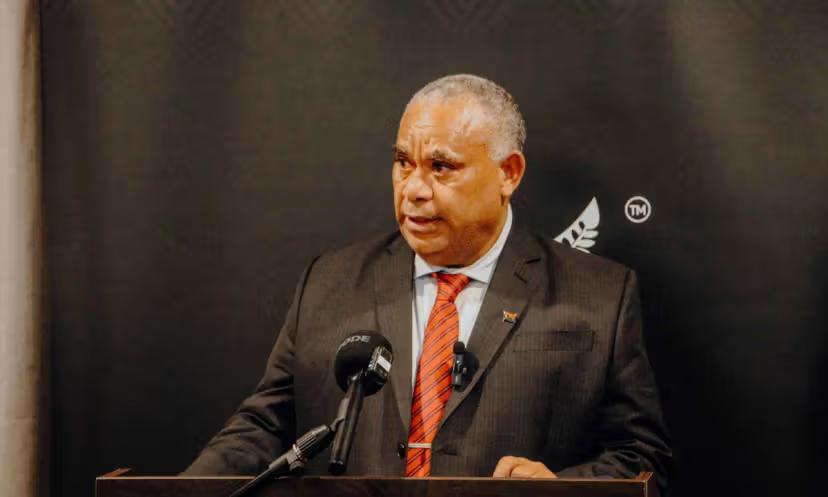
Vanuatu Prime Minister Jotham Napat. Photo/PMN News/Joseph Safiti
Australia and New Zealand have been key partners for security and development in the Pacific, but China's growing investments in Vanuatu, like roads and government buildings, are changing the landscape.
After visiting China last week, Minister Napuat confirmed the donation to the Vanuatu Daily Post on Tuesday, saying, "Climate change is the biggest security threat in Vanuatu.
Napuat told the Post that while Vanuatu welcomes international partnerships, its sovereignty must be respected. “Vanuatu will continue to exercise its sovereignty on important matters, and we expect our partners to respect this.”
Napuat also told the Post that Vanuatu is discussing a wider partnership with China in policing that aims to improve cooperation across various areas.
Vanuatu already has policing agreements with Australia, New Zealand, France, and the United Kingdom. But the partnership with China raises concerns for Australia, which is trying to counter Beijing’s growing presence in the Pacific.
Napuat told the Post that the equipment from China is expected to help Vanuatu tackle issues like transnational crime, improve general police work, and address urgent security challenges linked to climate change.
In 2022, the Solomon Islands signed a security agreement with China, sparking fears from Australia, New Zealand, and the United States that it could lead to a Chinese naval base in the region.
But the Chinese government insists that the agreements are open and not aimed at any other country.
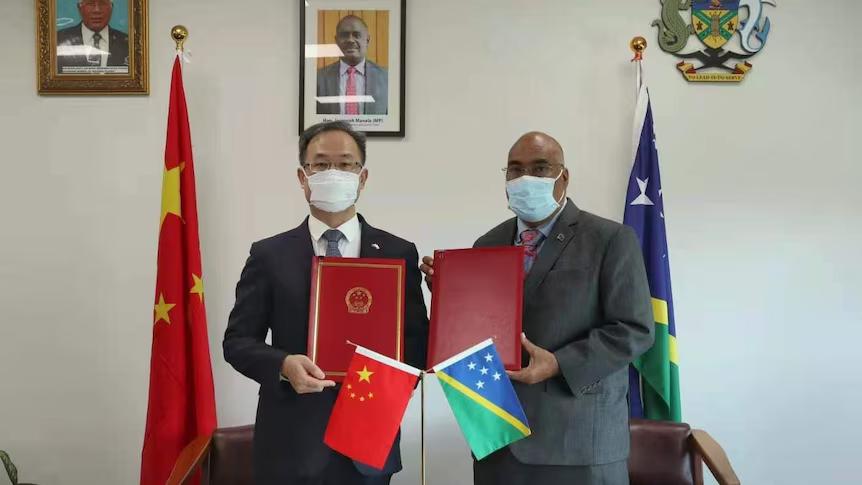
China's Ambassador to the Solomon Islands, Li Ming, left, and Solomons diplomat Colin Beck agree to the security treaty between the two countries. Photo/Chinese Embassy, Solomon Islands
Experts suggest that the situation reflects a broader trend among Pacific island nations, which are increasingly balancing relationships between China and Western countries.
As climate change worsens and economic difficulties increase, many nations in the region are seeking financial support from several sources while maintaining their political independence.
China's latest donation, along with the possibility of a formal policing partnership, shows its intention to strengthen ties in the Pacific - a region that is becoming increasingly important in global geopolitics.